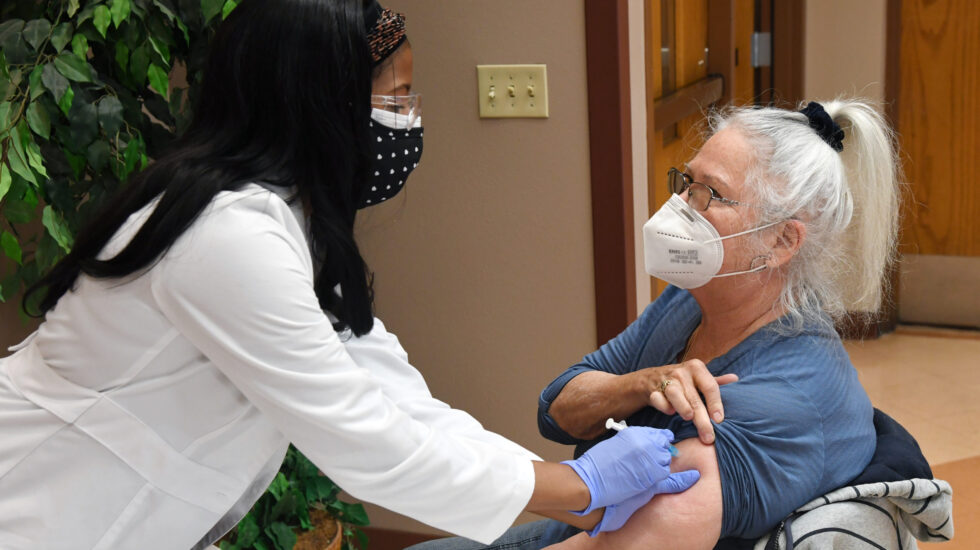The pandemic still has a death grip on the U.S., but it’s a grip that shows signs of loosening. Virus cases are actually declining in states all over the country. In no state did the numbers increase in the past week.
Axios writes: “The U.S. still has a ton of coronavirus, and there’s still the potential for dark days ahead. But this is progress, and the improvement is significant. If this trend keeps going, the country will be in a far better and safer position as vaccines continue to roll out.”
Hospitalizations dropped 26% and deaths were down about 6% last week. According the Axios, the U.S. caseload is back to what it was around Thanksgiving.
Brian Stelter writes in his CNN Reliable Sources newsletter:
The prevailing news about Covid-19 was so bleak for so long. But the facts have changed — faster, perhaps, than the major news narratives have changed.
The vaccines are showing “spectacular” results, to borrow a recent phrase from Dr. Anthony Fauci. Hospitalizations are declining. The variants are a curveball, but it “just doubles down the idea that we need to get people vaccinated as quickly as possible,” CNN’s Dr. Sanjay Gupta says.
Stelter quotes David Leonhardt of the New York Times who wrote: “The news about the vaccines continues to be excellent — and the public discussion of it continues to be more negative than the facts warrant. Here’s the key fact: All five vaccines with public results have eliminated Covid-19 deaths. They have also drastically reduced hospitalizations.”
Meanwhile, the Associated Press spoke to a doctor who attributes the decline in part to the culture change in Washington.
Dr. Philip Landrigan, an epidemiologist at Boston College, said vaccines are a factor in the sharp drop in cases but are not the primary cause. Instead, he said, the crisis has become increasingly “depoliticized” in recent weeks as more people come to grips with the threat and how they can help slow the spread of the virus. “I don’t think you can underestimate the importance of this culture change. I think it’s critically important,” he said.



